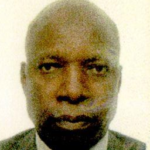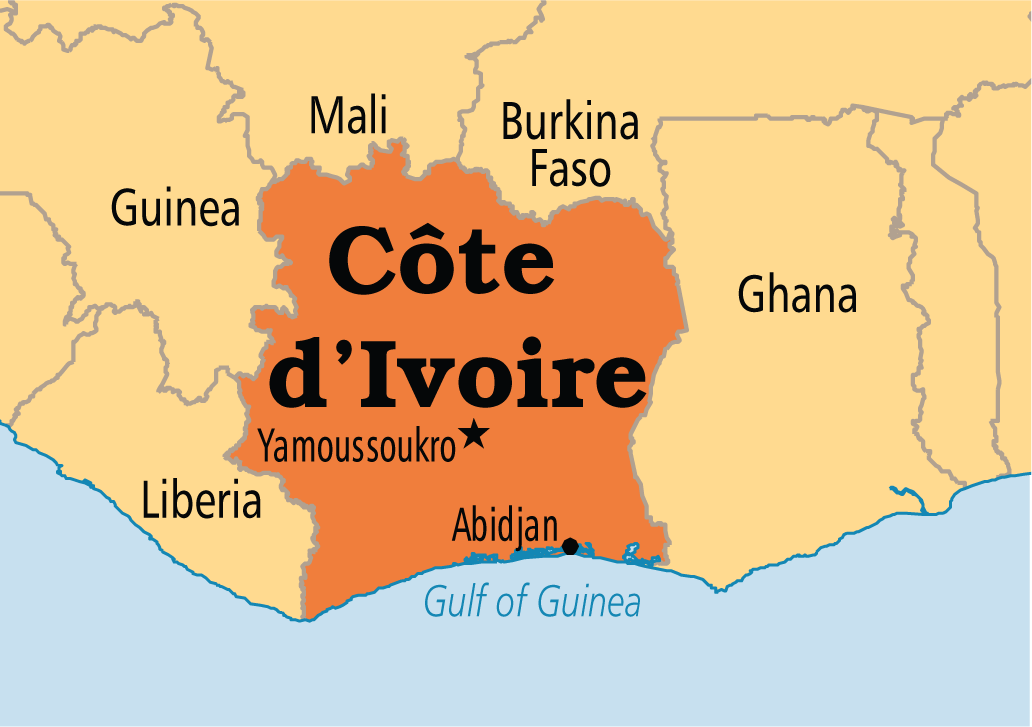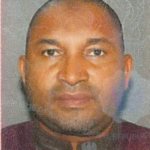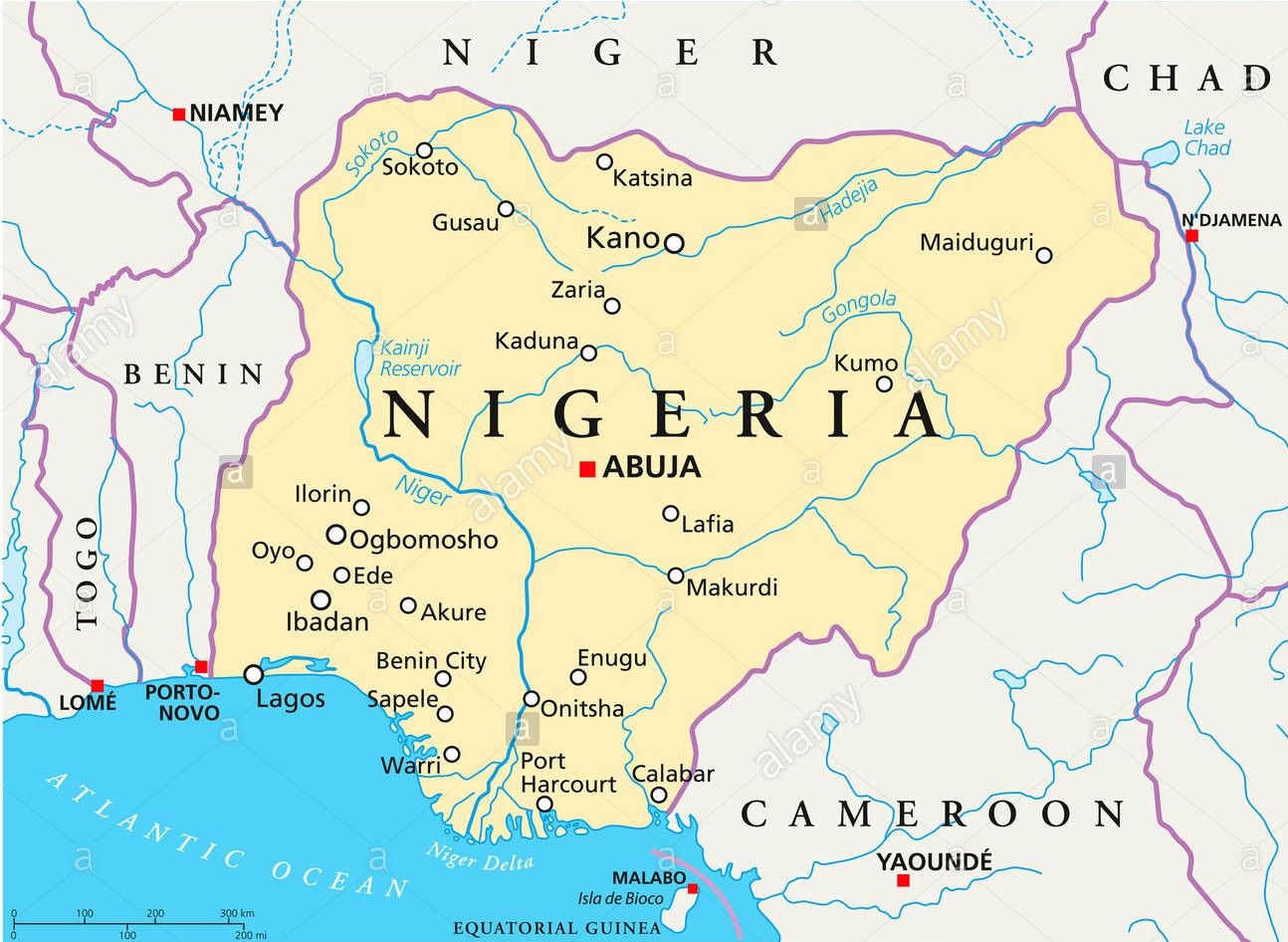6 Days to Meeting of Secretary Generals for ISESCO National Commissions at ISC, Shiraz, Islamic Republic of Iran, 11-12 November 2018
Part Thirteen: An Introduction to the Ivoirian and Nigerian Participants
One of the participating countries in Meeting of Secretary Generals for ISESCO National Commissions at ISC is Cote d’Ivoire.
The Ivoirian representative is:
Mr. Seindou CISSE: ISESCO National Correspondent, Member of ISESCO Executive Council

About Cote d’Ivoire

Ivory Coast or Côte d'Ivoire, officially the Republic of Côte d'Ivoire, is a country located in West Africa. Ivory Coast's political capital is Yamoussoukro, while its economic capital and largest city is the port city of Abidjan. It borders Guinea and Liberia to the west, Burkina Faso and Mali to the north, Ghana to the east, and Gulf of Guinea (Atlantic Ocean) to the south. The official language is French, with local indigenous languages also widely used. In total there are around 78 languages spoken in Ivory Coast. There are large populations of Christians (primarily Roman Catholics), Muslims, and various indigenous religions. The country's population was 23,919,000 in July 2014.
The Scientific Status of Cote d’Ivoire
Universities of Cote d’Ivoire have not gained any positions in reputable global rankings yet.
One of the other participating countries in Meeting of Secretary Generals for ISESCO National Commissions at ISC is Nigeria.
The Nigerian representative is:
Mr. Ibrahim Muhammad Bashir: Secretary General of Nigerian National Commission for ISESCO, Member of ISESCO Executive Council

About Nigeria

Nigeria, officially the Federal Republic of Nigeria, is a country between Central and West Africa, bordering Niger in the north, Chad in the northeast, Cameroon in the southeast, and Benin in the west. Its coast in the south is located on the Gulf of Guinea in the Atlantic Ocean. The federal republic comprises 36 states and the Federal Capital Territory, where the capital, Abuja is located. Nigeria is officially a democratic secular country. Nigeria is often referred to as the "Giant of Africa", owing to its large population and economy. With 186 million inhabitants, Nigeria is the most populous country in Africa and the seventh most populous country in the world. Nigeria has the third-largest youth population in the world, after India and China, with more than 90 million of its population under age 18. The ethnic groups speak over 250 different languages and are identified with a wide variety of cultures. The official language is English. Nigeria is divided roughly in half between Christians, who live mostly in the southern part of the country, and Muslims, who live mostly in the north. The 1963 census indicated that 47% of Nigerians were Muslim, 35% Christian, and 18% members of local indigenous congregations.
The Scientific Status of Nigeria
Universities of Nigeria have not gained any positions in reputable global rankings yet.

Your Comment :